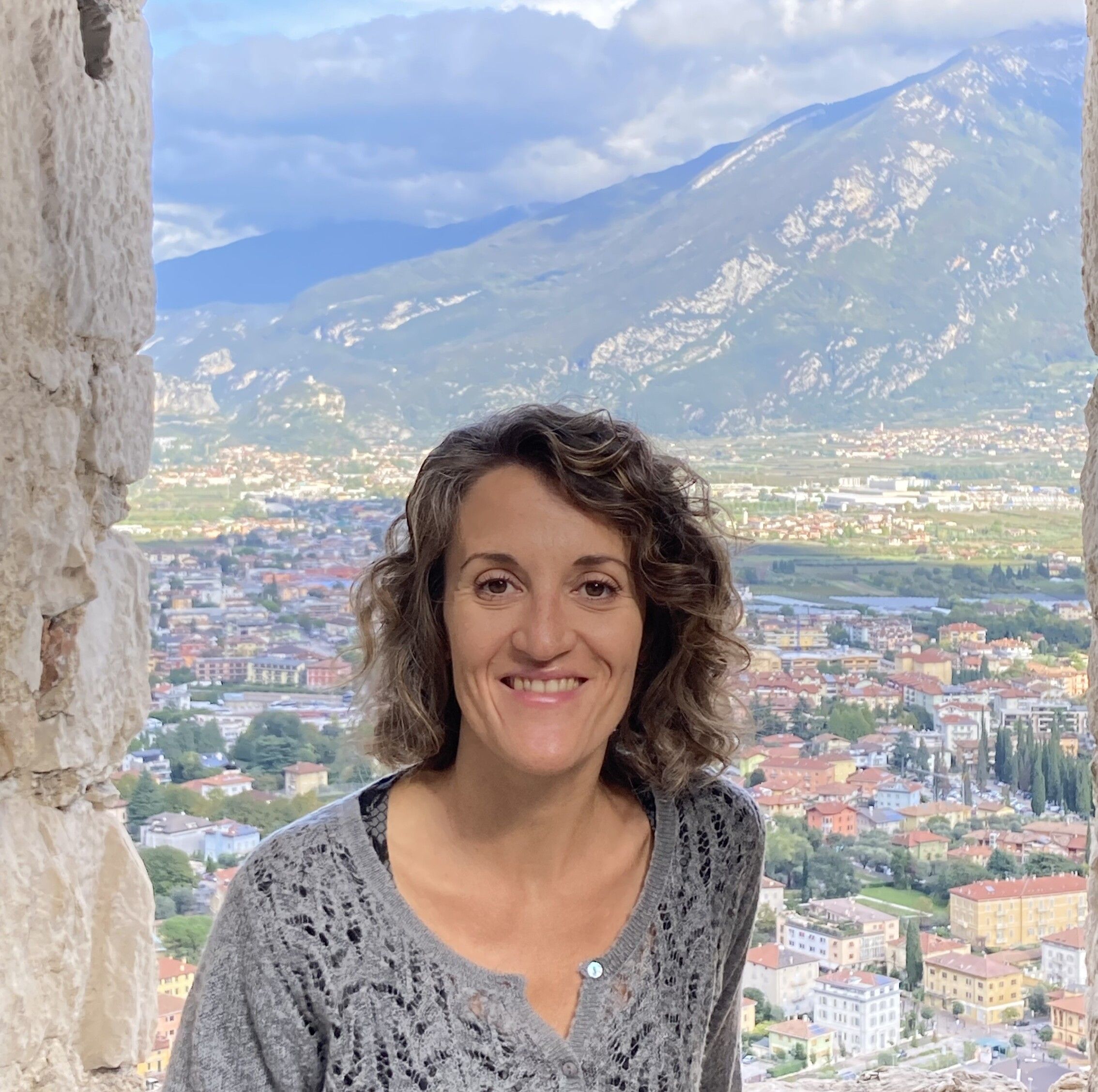Challenges and Opportunities of real FAIR-by-design: The experience of the Master in Data Management and Curation (MDMC)
Nowadays, data fuels discovery, innovation, and decision-making; therefore, the ability to manage and curate data responsibly is crucial.
The Master in Data Management and Curation (MDMC) is a pioneering educational program that embraces the “FAIR-by-design” paradigm, going beyond theory to train professionals in the practical implementation of FAIR principles across the entire research data lifecycle. Rather than retrofitting datasets to meet FAIR criteria, MDMC students learn to embed Findability, Accessibility, Interoperability, and Reusability from the earliest stages of data planning, within the wider context of Open Science.
This forward-thinking approach is made possible through a well-established collaboration between Area Science Park and SISSA and benefits from its dynamic research and innovation ecosystem. Designed for a new generation of data professionals, MDMC fosters a strategic understanding of the research process, combined with a unique mix of technical, ethical, and communication skills essential for real-world FAIR implementation.
The training structure consists of eight intensive weeks of in-person lectures and hands-on exercises, followed by a six-month internship in cutting-edge research laboratories or data-intensive institutions, during which students implement FAIR-by-design workflows and pipelines in real scientific contexts. This model offers a rare opportunity to work closely with researchers, develop tailored data strategies, and engage with the practical challenges of semantic interoperability, metadata standards, and sustainable infrastructure.
By shaping versatile and practice-oriented data professionals, MDMC contributes to building a new generation of researchers who can transform data from a research byproduct into a powerful strategic asset—crucial for both academic excellence and data-driven innovation.

